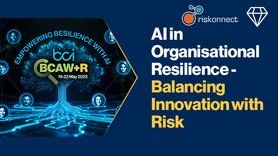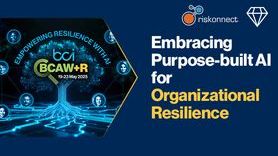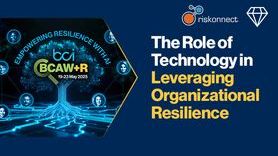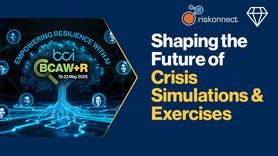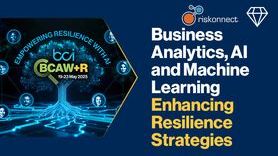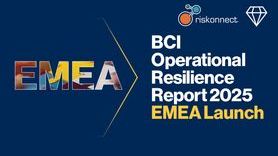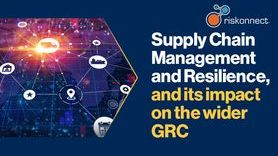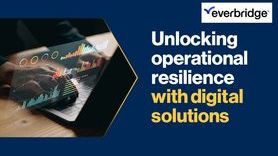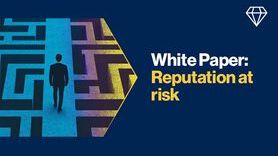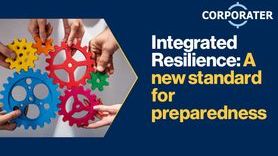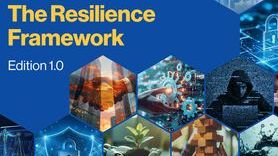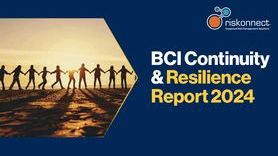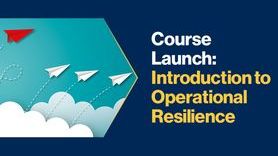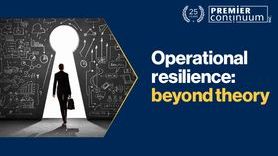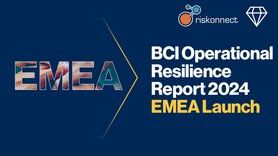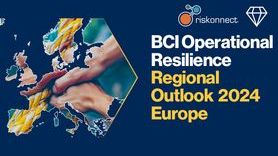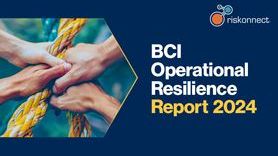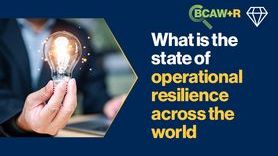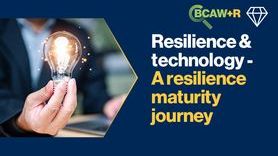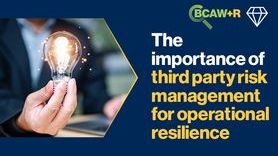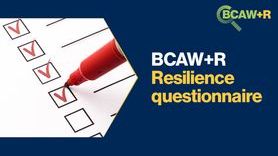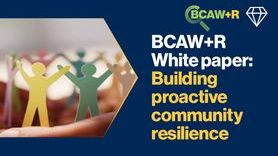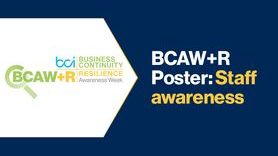Community Resilience – what are people doing and how can you be involved

Community resilience is a measure of the sustained ability of a community to utilize available resources to respond to, withstand, and recover from adverse situations.
As seen throughout history, it is human nature to be part of something. Be that a reading group, a running club, an online gaming community even a family WhatsApp group. With many of us now in total lockdown in our local communities and facing social isolation, it is now more important than ever to become part of local and global community groups, with technology often playing a key role in this.
More often than not, communities are forgotten about when responding to and recovering from an incident that has affected the area where they live. Whilst it is best practice to ensure communities are involved even before an incident happens, in reality this rarely happens. It is in these times those in the community start to form groups or start to support those in need if they feel they are being neglected and/or not being involved in the recovery. We are currently seeing this in its simplest format in the many thousands of local Facebook groups that have been created within micro communities so local people can assist vulnerable people or those in isolation who are unable to gain support through official channels.
There are many ways to ensure community resilience is retained in times like these when countries are closing borders, cities are becoming ghost towns and whole populations are having daily activities prohibited and going into lock down. Any of these naturally have implications on us but it may affect some more than others, especially if those individuals were already in a position of isolation.
In terms of practicing community resilience, activities can include picking up shopping, providing urgent supplies, posting mail and making phonecalls for those who are vulnerable (such as the elderly, those with underlying health conditions or those who are sociologically disadvantaged). This is vital at the current point in the pandemic as panic buying is reducing the number of essential supplies available on shelves and leaving the most vulnerable unable to access basic supplies. Many Governments have offered support to vulnerable residents but until plans are fully implemented, it is the local community who are the lifeline of support for these people.
Currently, there are several opportunities to ensure both you and your community remain resilient in times of crisis such as these. Terrorist events and the Grenfell Tower Fire in 2017 resulted in the launch of the Community Volunteer Programme in the UK. The programme was set up for individuals to sign up and become a Community Volunteer to support those in a crisis. In Australia, the bush fires motivated people to volunteer with the Red Cross where they were assigned to jobs such as repairing fencing and helping at food banks.
As well as individual help, community groups can assist in providing resources and community intelligence (e.g. Voluntary Action Groups, churches and support groups) who will have knowledge of vulnerable residents.
Technology is also playing a key role in ensuring people can remain connected during the pandemic. Throughout the crisis, Australians have grown an online community through Facebook, Reddit boards or parenting forums with people providing advice on how to eat on a budget, caring for children with asthma and how to look after the vulnerable without making physical contact with them. There is an app called Nextdoor allowing neighbours to connect with each other. This was used extensively during the bushfires to help with evacuations. This app is now being used globally during the Coronavirus crisis: individuals can mark themselves as ‘able to help’ and therefore can carry out roles such as collecting groceries or picking up prescriptions.
We have also seen a number of examples where organizations have played their role in helping to forward community resilience. The Rudgers Institute in Newark, United States for example, founded the Rudgers Institute for Corporate Social Innovation to integrate “a company’s full range of capabilities and assets within innovative business models to achieve positive societal impact while advancing the success and sustainability of the enterprise”.
Some organizations are also now sharing skills online for free to help upskill individuals during a period where they have time to learn new skills and techniques. We have seen many of our members and partners offering invaluable tools to our own industry, but there are examples of this in other industries. The Guardian this week featured the example a UK filmmaker providing free mentoring sessions to documentary filmmakers over Skype.
There are also examples of businesses who are giving back to the community and working to look after key workers. Barnes Coaches, for example, are dispatching drivers between Cirencester to Aldermaston to pick up medical prescriptions when individuals cannot go and get it and the Danish brewer Carlsberg has donated £11m to scientific research on Covid-19. Hospital Private Car Parks where NHS workers usually have to pay are removing the pay and display and pharmaceutical companies are providing help through a range of methods, including making doses of antimalarial drugs available for free, should they be effective in treating Coronavirus.
AstraZeneca are also providing financial and medical supplies donations to China and carrying out research to discover novel coronavirus-neutralising antibodies as a preventative treatment and Pfizer have partnered with BioNTech to develop a mRNA vaccine candidate to prevent COVID-19.
Last week, it was announced that a large hospital will be set up in the London ExCeL building in the UK and airline companies, who now have many staff unable to work, are offering their support. EasyJet and Virgin are asking staff to volunteer at this hospital and two other makeshift hospitals to assist nurses and doctors by making beds, etc. Volunteers will be provided with training before starting the roles.
Below are some examples of websites in different countries that I have come across through my work as an emergency planner where you can register to volunteer in your community.
Volunteering Opportunities
Australia
https://www.volunteeringaustralia.org/#/
https://www.finder.com.au/australian-bushfires-volunteer-support
New Zealand
https://volunteeringauckland.org.nz/
https://www.redcross.org.nz/get-involved/volunteer-opportunities/
USA
https://californiavolunteers.ca.gov/get-involved/covid-19/
https://globalvolunteers.org/usa/
UK
https://www.gov.uk/government/get-involved/take-part/volunteer
https://www.kentprepared.org.uk/flood-wardens
https://reserves.redcross.org.uk/



